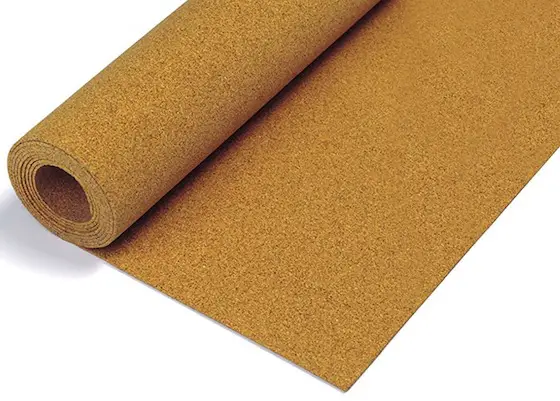Sound & Noise Control

Sound and Noise Control | This is a very affordable underlayment that can STOP and DAMPEN sound. CLICK or TAP HERE or THE IMAGE NOW TO HAVE IT DELIVERED TO YOUR HOME ASAP. The information below is SO GOOD I shared it with the 31,000 subscribers who read my October 18, 2020 FREE newsletter.
What is Noise?
Noise is different things to different people. For example, when my son beats on his toy drum, it's noise to me but a very pleasant sound to him. Sometimes, my wife considers my conversation to be noise. That's the funny thing. Certain sounds can pleasant at one time but yet noise 2 hours later.
To protect yourself from these unwanted sounds, you need to understand sound. With this understanding, blocking unwanted sounds from getting to your ears becomes somewhat easy.
How is Sound Created?
Sound is created when something vibrates. It can be the earth rumbling during an earthquake or the inside of a toilet fill valve that whistles.
It's been a long time since my high school physics class, 25 years to be exact. Anyway, I do seem to recall the teacher talking about sound and demonstrating tuning forks. Striking the tuning fork against a hard object, such as my head, made it vibrate. This vibration resulted in a hum. I also remember seeing a movie where they somehow got a camera inside of sameness throat. The movie showed a person's vocal chords vibrating as they talked. It wasn't a pleasant sight, as I recall.
The point is this: sound can only be created when something vibrates. If you stop vibrations, you eliminate sound.
How Does Sound Travel?
Sound or noise travels through the air. If there's no air present, you'll hear nothing.
Once something is vibrating, it begins to push against the air next to it. The molecules of air then begin to push against more air molecules until the air molecules next to your ear push against your eardrum. Your eardrum then vibrates and BINGO, you brain interprets this air movement as sound.
Air is the pathway or super highway of sound and noise. If you want to stop sound or noise from getting to your ears, you need to block as many direct paths of air between the source of the sound and your ears. It's that simple.
Why are Older Homes More Soundproof?
Older homes are more soundproof because they have thicker floors, ceilings, and walls.
Did you grow up in an older home? One that had plaster walls and ceilings, solid pine or oak doors, solid wood floors? Did that old house seem to be more soundproof than your newer home which happens to be constructed of drywall, plywood, and hollow core doors?
Does Thick Concrete Stop Noise and Sound?
Yes, thick concrete stops noise and sound because it's so dense. It requires tremendous energy to get the concrete to vibrate.
Have you ever noticed how outdoor noise is virtually eliminated when you go inside your basement or any other structure which is constructed of concrete block or solid brick?
The reason for this phenomena is very simple. It has to do with energy and vibrations. We talked about vibrations already. Now let's talk about the energy of sound. When something vibrates, it exerts a certain force against the air around it. For example, tap a pencil against a desk. That is a small amount of vibration and energy. Now drop a book on the desk. That's even more vibration and energy. Now imagine how much vibration (energy) there is inside a diesel locomotive engine. Lots!
Bear with me, this will begin to make sense in just a few paragraphs.
Take your desk outside, close your windows, and have someone go outside and tap the pencil on the desk. More than likely, you will not hear the sound, unless your window weatherstripping is shot. Have them drop the book, maybe you might hear a dull thud. Now, have that locomotive rush past your house, not only will you hear it, you will quite possibly feel it as well. The thing is vibrating so much that it vibrates your entire house. That's why locomotives, jets, and big trucks are so noisy.
Blocking loud noises (or any noise for that matter) also depends upon how easily the vibrating air can then, in turn, make another object vibrate. In our previous example, you couldn't hear the tapping pencil outside of your house because the pencil couldn't produce enough energy to vibrate the glass in the window.
In a nut That's why your old house was more soundproof. Plaster is much denser than drywall. It takes more energy to get plaster to vibrate.
Sound and noise can be controlled. You simply need to understand how it's produced. and how it gets to your ears. This is why high quality hotels hire acoustical consultants. They understand sound. They use materials that absorb sound, block air, & minimize vibrations.
Column B323